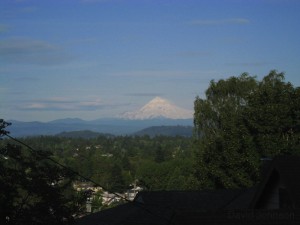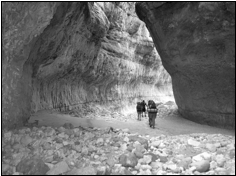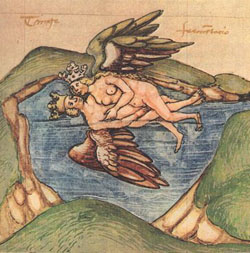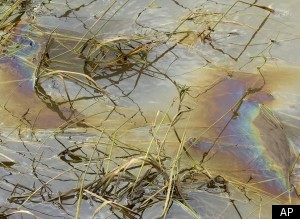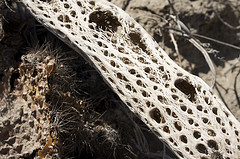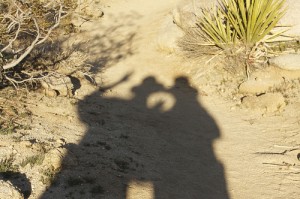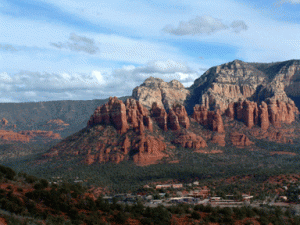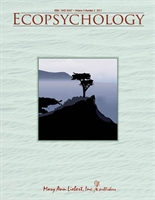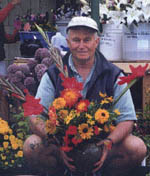The Permaculture-Ecotherapy Dialogues
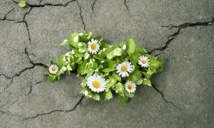 Santa Barbara psychotherapist/ecotherapist Linda Buzzell and John F. Kennedy University ecopsychology professor Dr. Craig Chalquist, co-editors of Sierra Club Books’ “Ecotherapy: Healing with Nature in Mind” — both graduates of the Permaculture Design Course — explore the possibilities though this very preliminary dialogue that will hopefully open a much wider conversation about whether — or even if — the ecologically-based principles of permaculture can address the remediation of devastated psychological and social ecosystems as well as abused and neglected places.
Santa Barbara psychotherapist/ecotherapist Linda Buzzell and John F. Kennedy University ecopsychology professor Dr. Craig Chalquist, co-editors of Sierra Club Books’ “Ecotherapy: Healing with Nature in Mind” — both graduates of the Permaculture Design Course — explore the possibilities though this very preliminary dialogue that will hopefully open a much wider conversation about whether — or even if — the ecologically-based principles of permaculture can address the remediation of devastated psychological and social ecosystems as well as abused and neglected places.
Comments are welcome and can be sent to lbuzzell@aol.com


